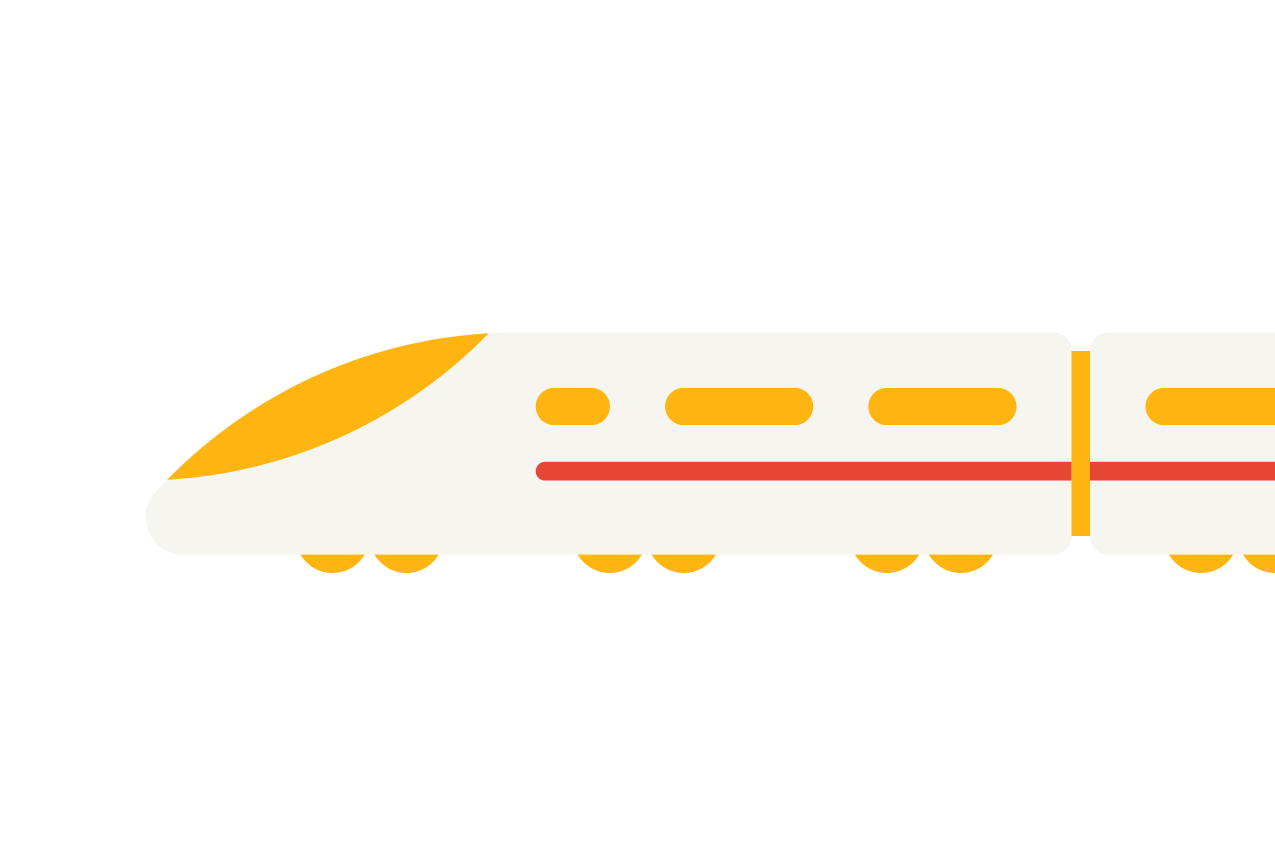railway jobs.
Rail engineering is a complex field which deals with all the different facets of a railway, from designing and building railways and stations to operating and maintaining the rail systems.
Rail engineers are focused on the challenges of trying to improve Britain’s existing railway network and trains while using an ageing infrastructure, including some bridges and viaducts that were built in the days of Isambard Kingdom Brunel.
The public now expects the railway to run seven days a week at 100 per cent reliability – rail engineering jobs are all created with that task in mind.
Several different roles fall into the category of ‘rail engineer’, with some focused on maintenance while others are more about improving the rail network.
railway engineer.
job description, salaries, training and qualifications.
A railway engineer builds and services the mechanical and electrical systems on train engines. You will be responsible for:
- building new engines and carriages
- fitting out the new carriages
- inspecting bodywork and roofs to wear and tear
- regular maintenance
You will be expected to work closely with other craftspeople and the labourers working on the same project. Expect to get dirty and greasy and to usually be working outside.
rail engineer salary.
Railway engineer salaries will vary depending on experience, location and qualifications. A trainee railway engineer can earn between £9,000 and £15,000. Whereas experienced staff can earn anything between £18,000 and £30,000 a year.
rail engineer qualifications and training.
You do not need a specific university degree to become a railway engineer. However, you will need at least 4 GCSE's, graded A-C including maths, English and Science. You can also complete a Rail Transport Engineering apprenticeship which is usually offered by larger firms such as Network Rail.
To be employed as a railway engineer, you will need to pass a medical exam to test your physical fitness, eyesight, colour vision and hearing. You may also need to complete an aptitude test to assess your skills and knowledge of the role. Furthermore, once you secure your role, your employer will put you through the Person Track Safety (PTS) course, which is a requirement before you can work trackside.
civil engineers.
job description, salary, training and qualifications.
Civil engineers plan, design and oversee construction projects and infrastructures such as roads, railways, airports, bridges, power and water stations. Civil engineers can be broken down into two categories, consulting engineers and contracting engineers.
consulting engineers.
Consultant engineers are usually based in an office and are responsible for the design of projects. Consultants tend to work on multiple projects at a time and unlike contracting, engineers have regular working hours and regular commutes, unlike contracting engineers.
contracting engineers.
Contractors take the consultants designs and implement them during construction. They will also work onsite to manage the construction of the structure, however, because of this working hours can vary and can often result in very long working days.
salary expectations for civil engineers.
Civil engineers salaries vary on location, qualifications, experience and whether you are a consulting or contracting engineer.
Junior engineer salaries start from £20,000-£23,000 and can progress to £26,000 with two years experience. Those who are not a member of ICE will usually have an average salary of around £30,000. However, chartered engineers can earn up to £50,000.
Most employers also provide additional benefits such as a pension, healthcare, life insurance and a company car and phone.
qualifications and training for civil engineers.
There are multiple routes into a civil engineer career, for both a university graduate and school leavers.
Graduates will need a degree in civil engineering that is accredited by the Institution of Civil Engineering (ICE). You will then need to work towards one of two professionally recognised qualifications. Once you have completed your BEng you can gain an incorporated engineer (IEng) status. Or if you complete either an MEng or a BEng plus masters you can acquire the chartered engineer (CEng) status. Both statuses will help in career progression, however chartered engineers are more highly sought after by employers.
It is recommended that for especially graduate engineers, to gain work experience which will greatly help your career. Some employers will offer sponsorships and jobs to students that have impressed them during their work-experience.
rail site engineer.
job description, salary, training and qualifications.
A rail site engineer's responsibilities vary from project to project but some key elements that they look after include but are not limited to, planning, coordination and supervision of technical aspects of rail jobs. A site engineer's role is very important to projects as they have a number of responsibilities including solving technical issues, providing advice, management and preparing reports.
railway job working conditions.
A rail site engineers work environment can vary depending on the project you are working on. Most likely your time will be divided between office and site, and there are times you will need to be onsite even in bad weather. Because of the nature of this role, your office could be temporary and even within the project site.
Hours can be long, and you may be expected to travel for your role.
skills and personal qualities for rail jobs.
Site engineers need to be physically fit and are often given physical examinations as a stage of an interview. The role is physically demanding especially when moving around sites less accessible areas.
Written and verbal communication skills are highly important as you will have to communicate with a range of people from other professionals, to members of the public.
It is exceptionally beneficial to have a range of experience. This will not only give insight into the industry but also start to help build a network of contact which is beneficial when applying for new roles.
salary expectations for site engineers.
Starting salaries for entry-level positions range from £22,000 to £26,000. Those with experience can expect anything from £25,000 to £35,000 depending on experience and skills. Senior-level site managers salaries can range from £35,000 up to £55,000. However, taking into account skills, experience and qualifications there is opportunity to earn more.
latest updates
-
 01 July 2025
01 July 2025how can schools save money?
-
 30 June 2025
30 June 2025employee motivation in logistics: what does an engaged team look like?
-
 26 June 2025
26 June 2025building for the long haul: why retention is critical in the highways sector.
-
 23 June 2025
23 June 2025cash flow forecast skills employers want in 2025.
-
 23 June 2025
23 June 2025CFO 2.0: how data, AI, and strategic foresight are redefining finance leadership.
-
 19 June 2025
19 June 2025navigating the digital age: regulation, risk and resilience in finance - webinar takeaways.
-
 17 June 2025
17 June 2025AI in financial planning: boosting financial strategy in dynamic markets.
-
 17 June 2025
17 June 2025IFRS 18: navigating the revolution in financial statement presentation for F&A leaders.
-
 12 June 2025
12 June 2025do you see me? supporting and celebrating neurodivergent students in higher education.
-
 10 June 2025
10 June 2025how UK finance professionals can build resilient side incomes in a volatile market.
-
 10 June 2025
10 June 2025beyond tuition: supporting pupils through tailored intervention.
-
 09 June 2025
09 June 2025careers in finance: future-proof skills and pivots for 2025.



